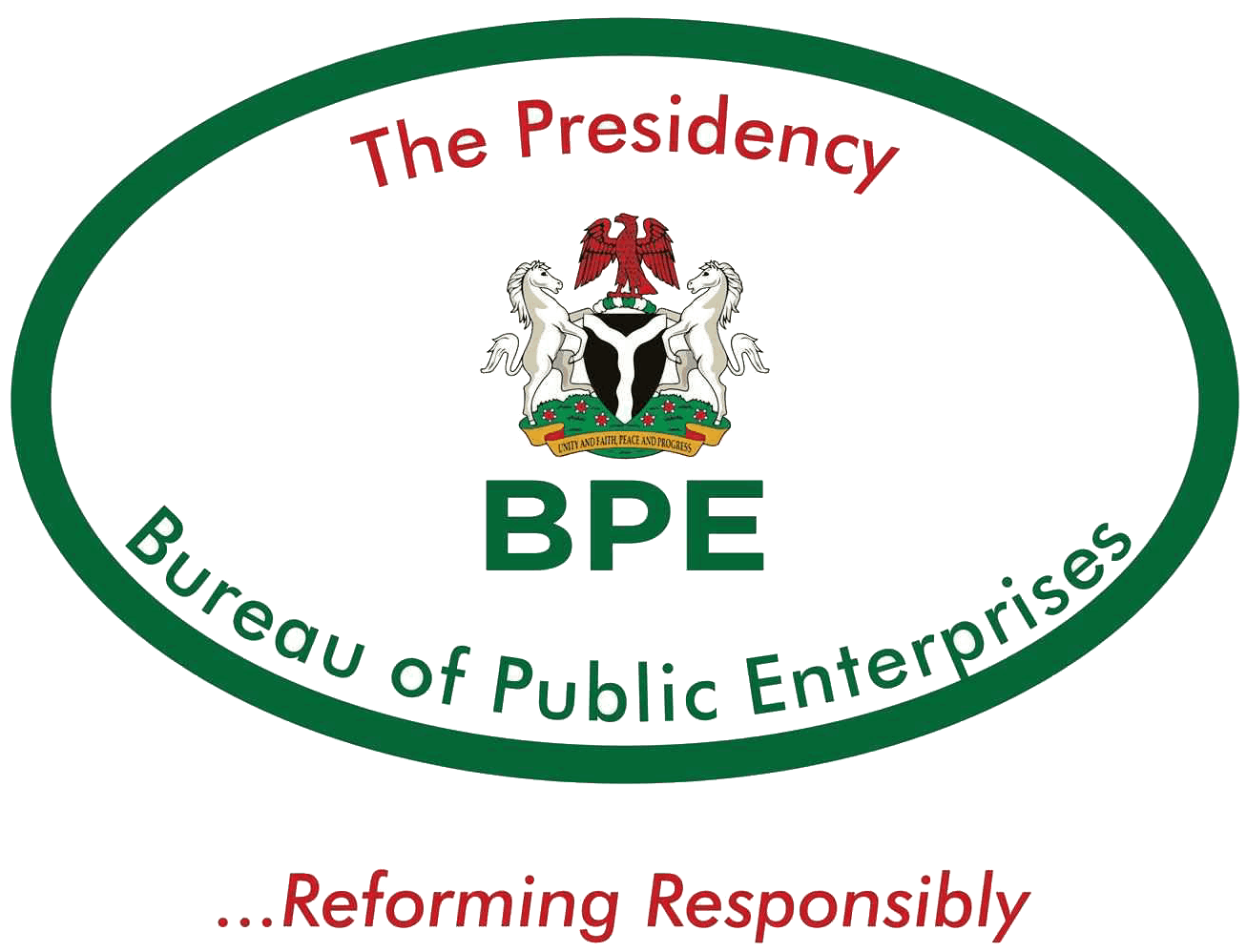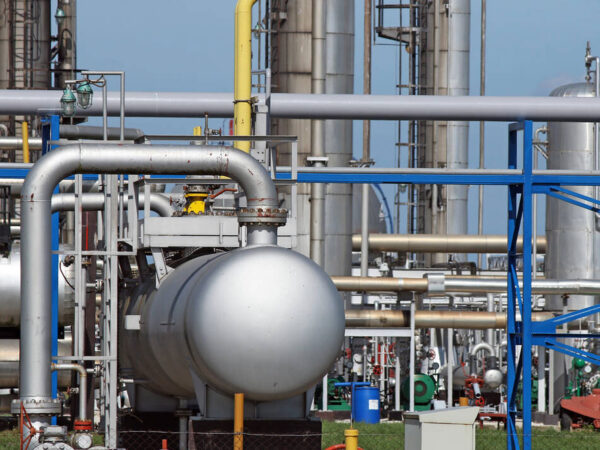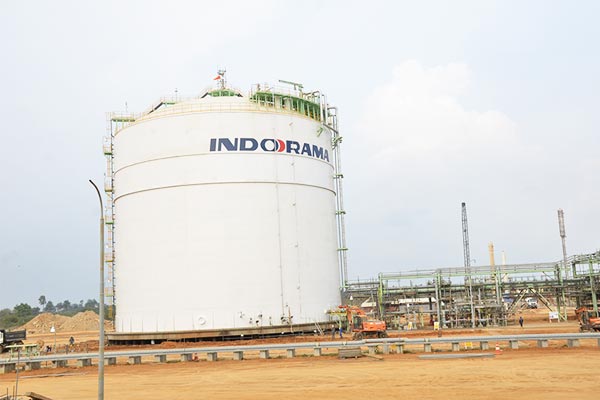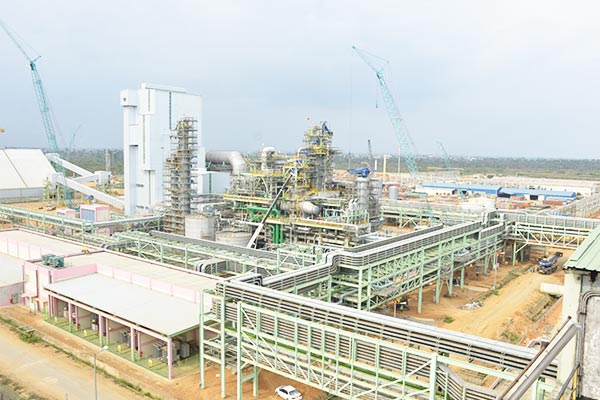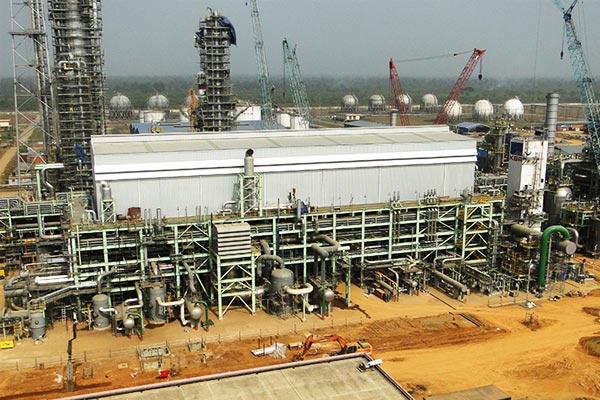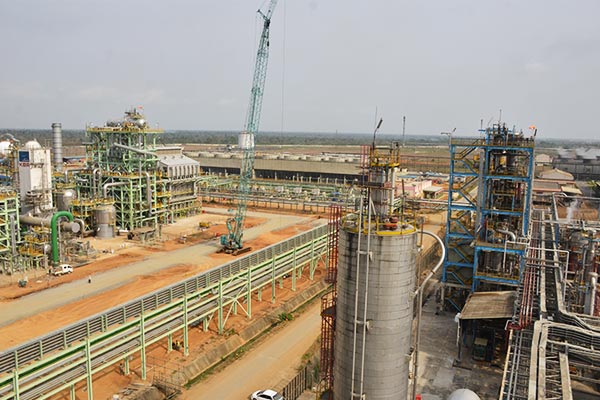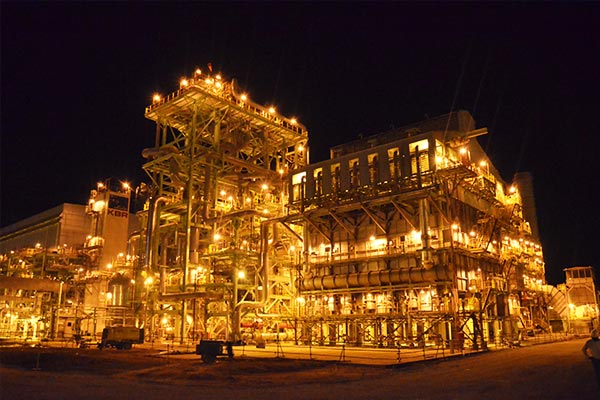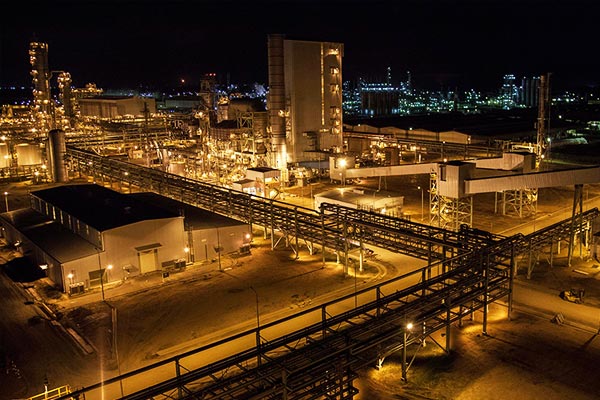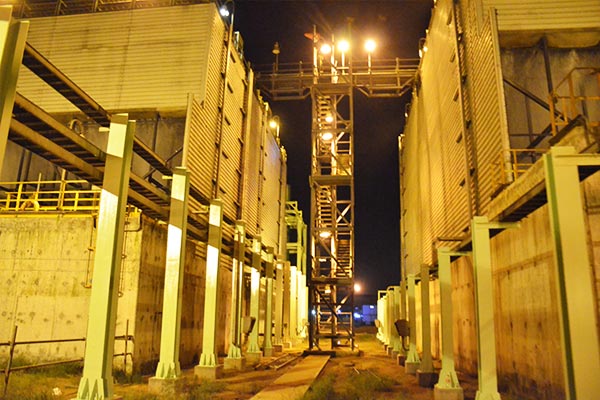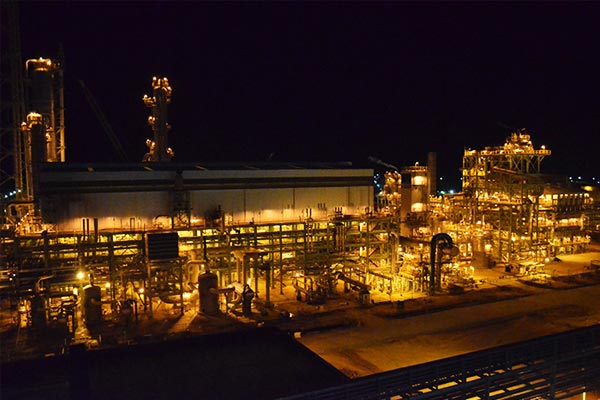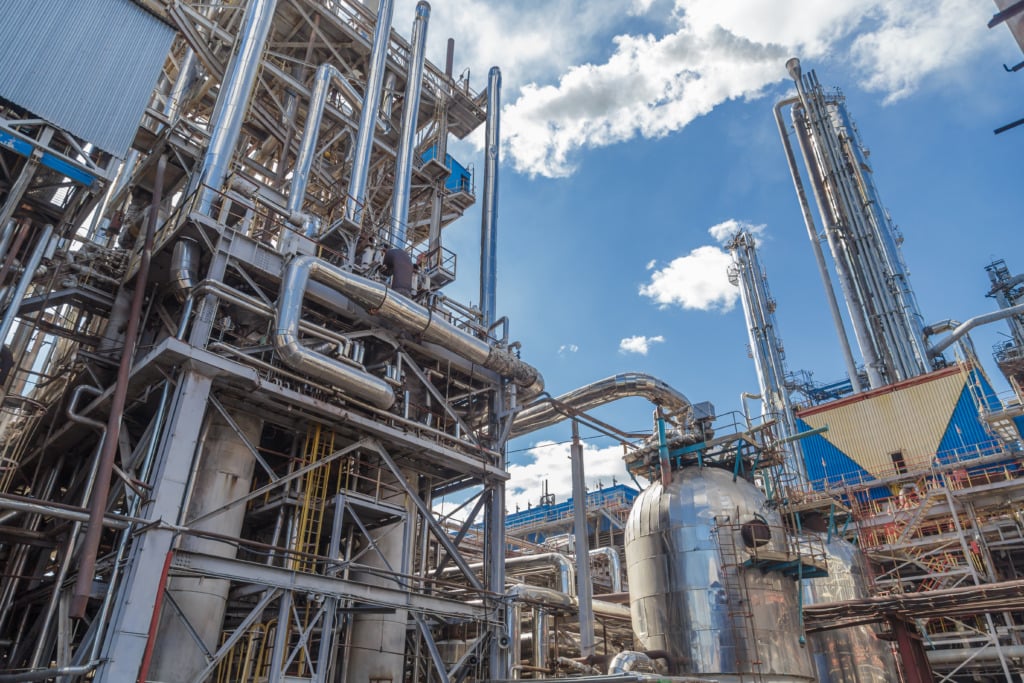
Eleme Petrochemicals Company Limited (EPCL) was incorporated in 1988 as a wholly owned subsidiary of the Nigerian National Petroleum Corporation (NNPC), established to produce a wide range of petrochemical products from natural gas liquids. The plant, located near Port Harcourt, Rivers State, was a major component of Nigeria’s industrial development vision for value addition to gas and oil resources.
However, despite its strategic potential, EPCL was plagued by:
- Persistent operational inefficiencies
- Inadequate funding and underinvestment
- Poor corporate governance
- Low capacity utilisation (as low as 30%)
- Frequent plant shutdowns
These problems rendered Eleme Petrochemicals unprofitable and a burden on government finances.

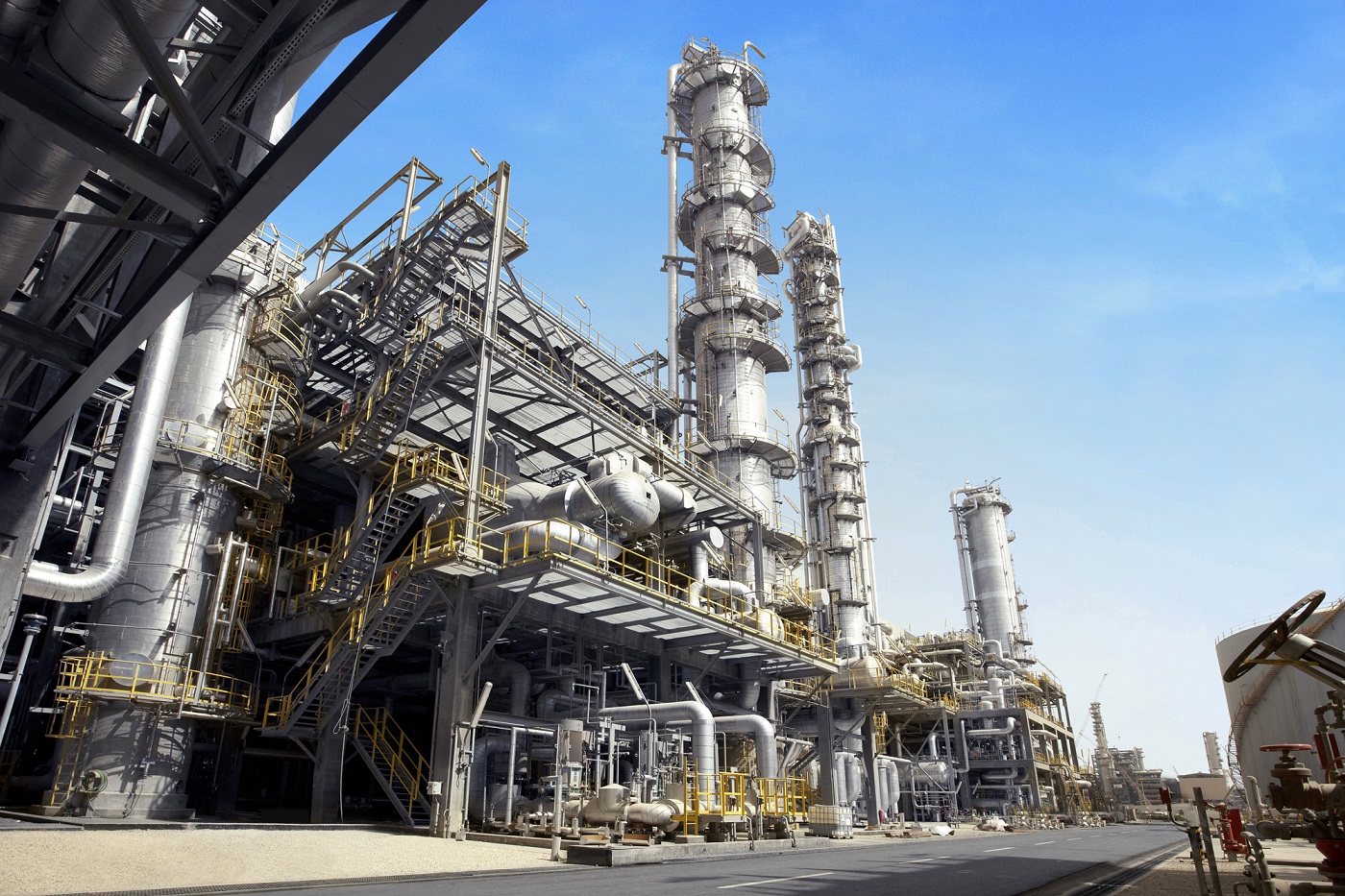
The Privatisation Process
In line with Nigeria’s economic reform agenda and guided by the Bureau of Public Enterprises (BPE), the National Council on Privatisation (NCP) approved the core investor sale of EPCL.
• In 2006, Indorama Group, a global manufacturing conglomerate headquartered in Indonesia, emerged as the core investor, acquiring 75% equity in EPCL.
• The Federal Government retained 15%, and 10% was reserved for the host community and staff.
Transactions
Following its acquisition, the company was renamed Indorama Eleme Petrochemicals Company Limited (IEPL). The transformation was both swift and remarkable:
Recognition and Impact
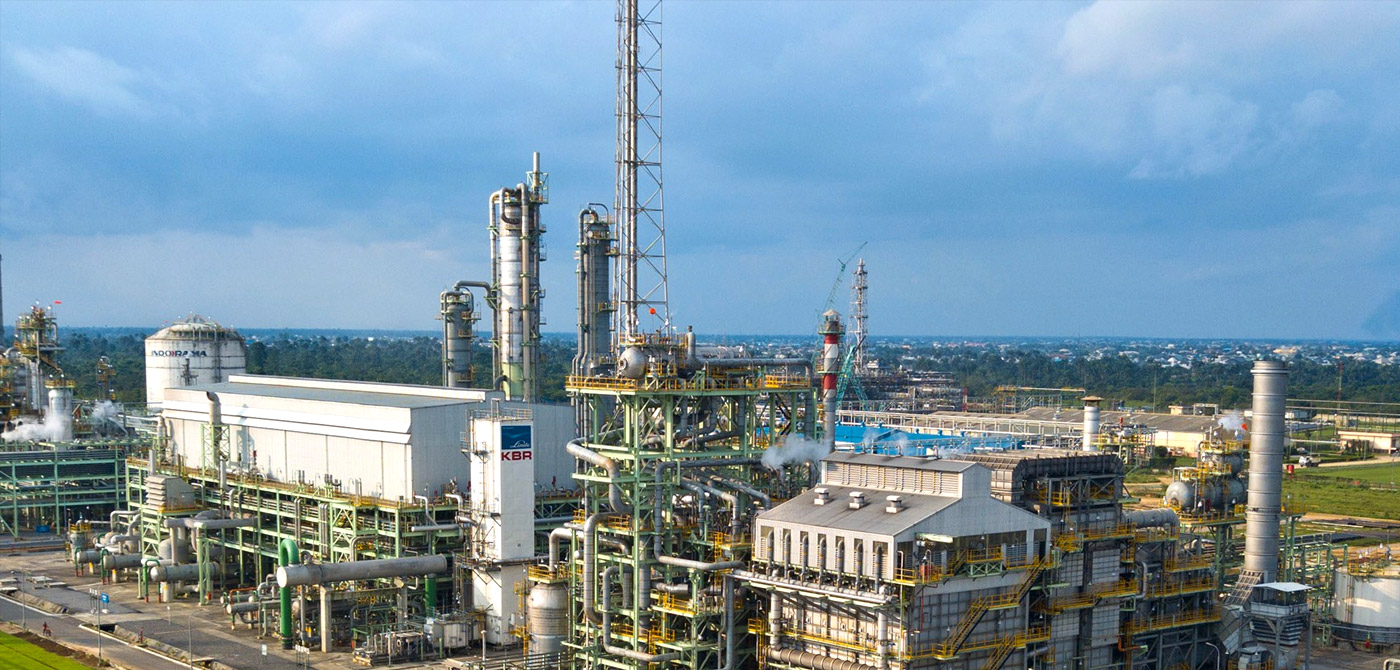
The privatisation of Eleme Petrochemicals stands as a landmark success in Nigeria’s economic reform journey. It demonstrates how public-private partnerships can drive industrial growth, reduce the burden on government finances, generate employment, and contribute significantly to national development.

